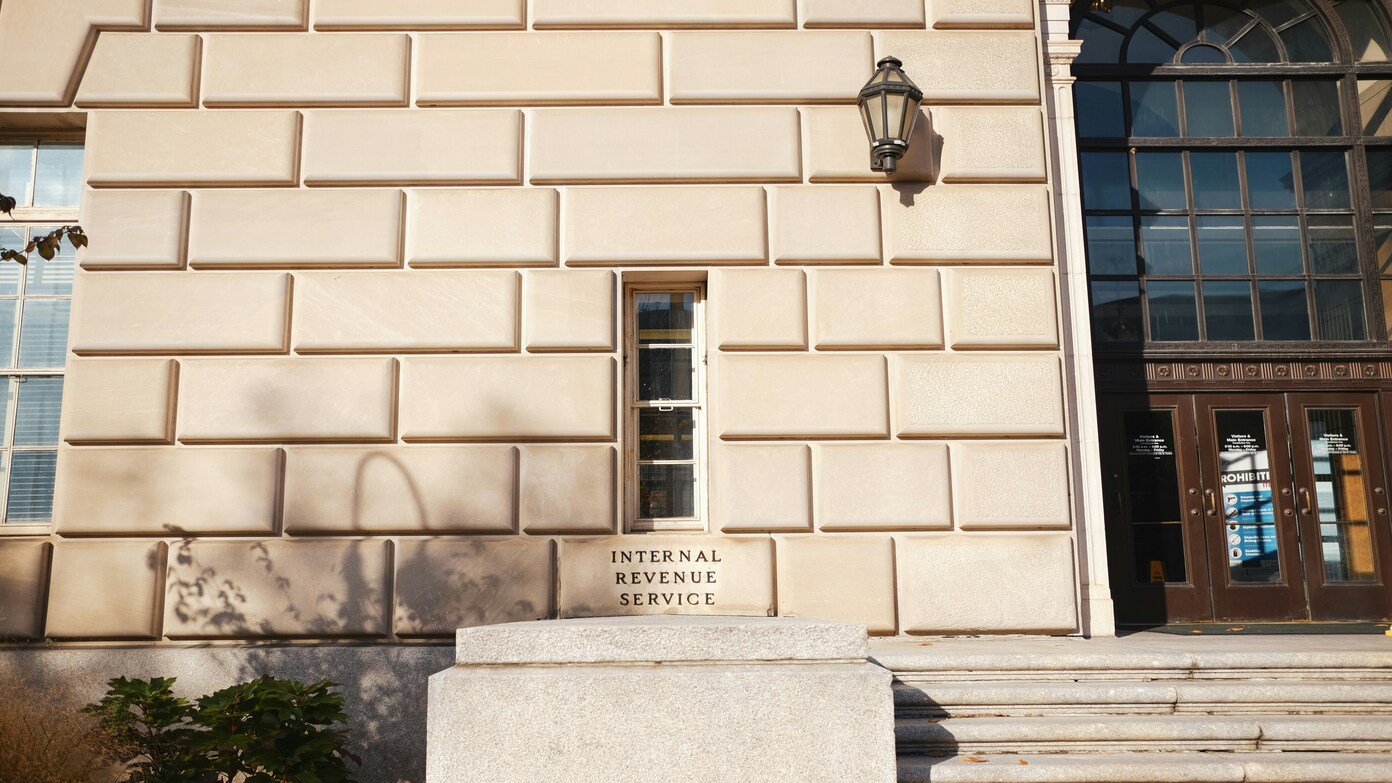The rumor that started it all
Summer isn’t even over, but tax season gossip is already heating up. In late July, Billy Long, the new IRS commissioner, made a comment at a tax professionals’ summit that got everyone buzzing. He hinted that the 2026 filing season might not kick off until around Presidents Day — February 16.
That’s about three weeks later than usual. This year, for example, tax season started on January 27. For early filers who count the days until their refund hits, that’s big news. But before you panic, let’s slow down.
What the IRS says now
Not long after Commissioner Long’s remarks made headlines, the IRS tried to cool things down. In a statement, the agency didn’t deny his words but made it clear that no official decision has been made. The IRS simply said it would announce the official start date “in the regular course,” just as it always does — usually in January.
So, while it’s possible the start could slip to mid-February, the IRS wants taxpayers to know nothing is set in stone yet.
Why could there be a delay?
There are a few reasons tax pros think 2026 could get off to a rocky start:
- Staff cuts: The IRS has been dealing with a 25% reduction in staff, which makes it harder to update systems and prepare for the flood of returns.
- New tax rules: Congress passed the “One Big, Beautiful Bill Act” on July 4, which includes new tax deductions — like up to $6,000 for seniors 65 and older, deductions on overtime pay, and even car loan interest write-offs. The IRS has to reprogram its systems to handle all of this.
- Past experience: Delays usually happen when Congress changes tax laws at the last minute. This time, the law passed earlier in the year, which should give the IRS more breathing room — but with fewer staff, the challenge remains.
History lesson: this has happened before
If you think waiting until mid-February to file sounds unusual, it’s really not. In 2013, the IRS delayed the season until January 30 because of late-year tax law changes. Some taxpayers even had to wait until March before their returns were accepted.
And during the pandemic, things moved even slower. In 2021, the IRS didn’t start processing returns until February 12. So, while delays aren’t fun, they’re not unheard of.
What experts are saying
Tax experts are reading between the lines of the IRS statements. Some believe Commissioner Long’s comments show real concern about being ready on time. Others think the agency is trying hard to avoid a full three-week delay but admit glitches are likely.
Janet Holtzblatt, a senior fellow at the Urban-Brookings Tax Policy Center, summed it up: delays are usually tied to last-minute law changes, but this time the bigger challenge may be fewer IRS employees handling more work.
What this means for you
If the season does start later, refunds will almost certainly be delayed. For millions of Americans who file early because they rely on that money for bills, rent, or even a bit of fun spending, that could sting.
But don’t worry too much just yet. The IRS hasn’t officially pushed the start date, and there’s still plenty of time for the agency to get everything ready.
The bottom line
For now, tax season 2026 is still a mystery. Could it start in late January, right on schedule? Absolutely. Could it be pushed back to Presidents Day? Also possible.
The truth is, the IRS rarely tips its hand this early. We likely won’t know the official date until January 2026. So, while it’s fun to speculate — kind of like spotting Christmas decorations in October — the best move is to be prepared, stay patient, and keep an eye out for the IRS announcement.
Until then, keep your tax forms in order, but don’t lose sleep just yet.
Read this much later:
Good news for Costco executive members with exclusive shopping hours as of now
IRS grants potential short extension to $7,500 EV tax credit deadline of 30 September
IRS Form 8857: How to request innocent spouse relief on a joint tax return?

